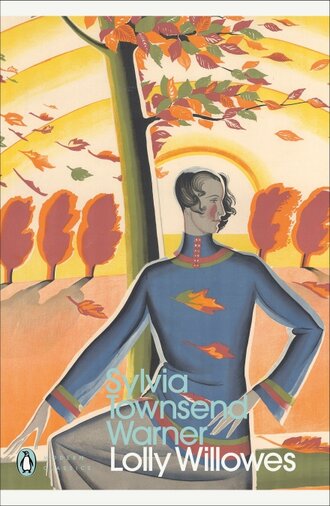
Sylvia Townsend Warner (1893-1978) was a new name to me, but I was intrigued by the sound of her 1926 debut Lolly Willowes, newly reissued in Penguin Modern Classics. What I found in it was a very enjoyable character study.
Born in 1874, Laura Willowes grows up indifferent to the societal expectations of a woman her age:
Being without coquetry she did not feel herself bound to feign a degree of entertainment which she had not experienced, and the same deficiency made her insensible to the duty of every marriageable young woman to be charming…
Laura lives in the family home with her father – no marriage for her. After her father’s death, she reluctantly moves to London to stay with her elder brother’s family, where she is consigned to the role of Aunt Lolly.
But Laura longs for more from life. It seems the First World War might herald change, as suddenly she has a vocation (albeit the fairly tedious one of doing up parcels). But it’s not to be: “When the better days to come came, they proved to be modelled as closely as possible upon the days that were past.”
If there is to be change, then, it will have to come from Laura herself. In 1921, she announces that she is moving to a village in Buckinghamshire, seemingly on impulse (she starts thinking about it after buying some chrysanthemums that were grown in the county). But the real reason becomes apparent: Laura is leaving to practise witchcraft.
The quality that draws Laura to the countryside is underlined when it’s about to be taken from her. At one point, Laura’s nephew Titus joins her in the village. He has an instinctive understanding of the countryside, but it’s a mechanistic one. Laura understands the place on a more spiritual level, though she can feel this slipping away from her:
The woods judged her by her company, and hushed their talk as she passed by with Titus. Silence heard them coming, and fled out of the fields, the hills locked up their thoughts, and became so many grassy mounds to be walked up and walked down.
With Titus around, Laura finds herself reverting back to being Aunt Lolly. It’s a situation that seems impossible to escape – but there are ways…
Lolly Willowes is the story of a woman turning her back on prescribed social roles and forging her own path, in what turns out to be spectacular fashion. I recommend it warmly.
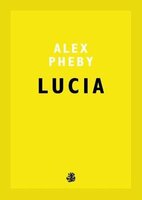
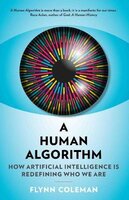
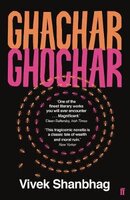
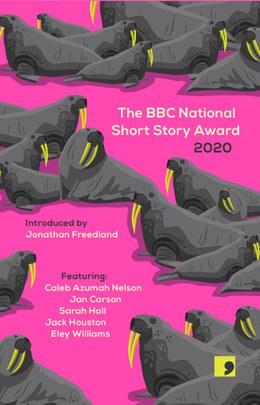
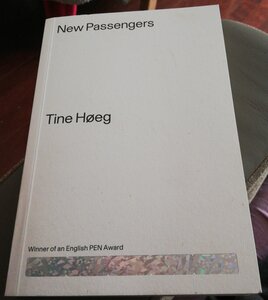
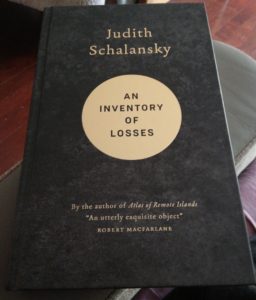
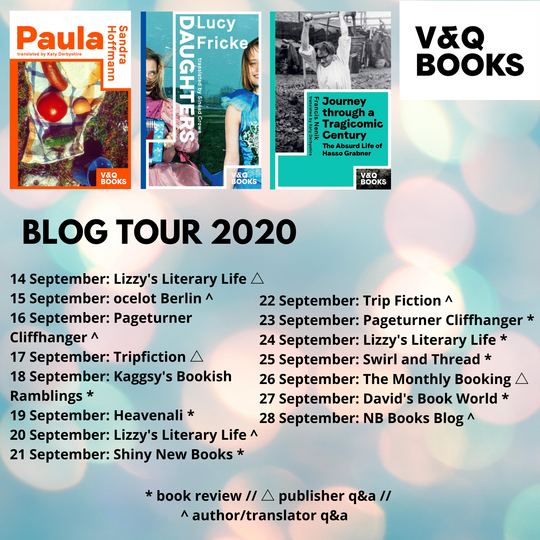
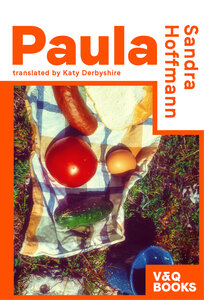
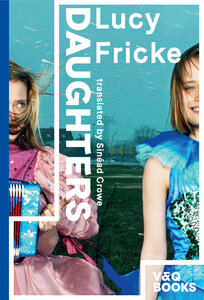
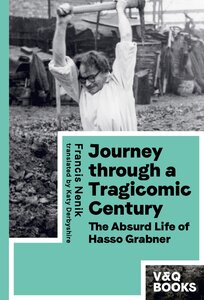
Recent Comments